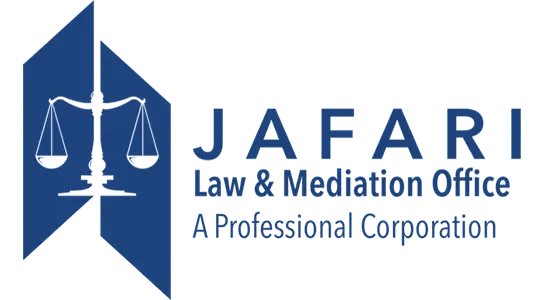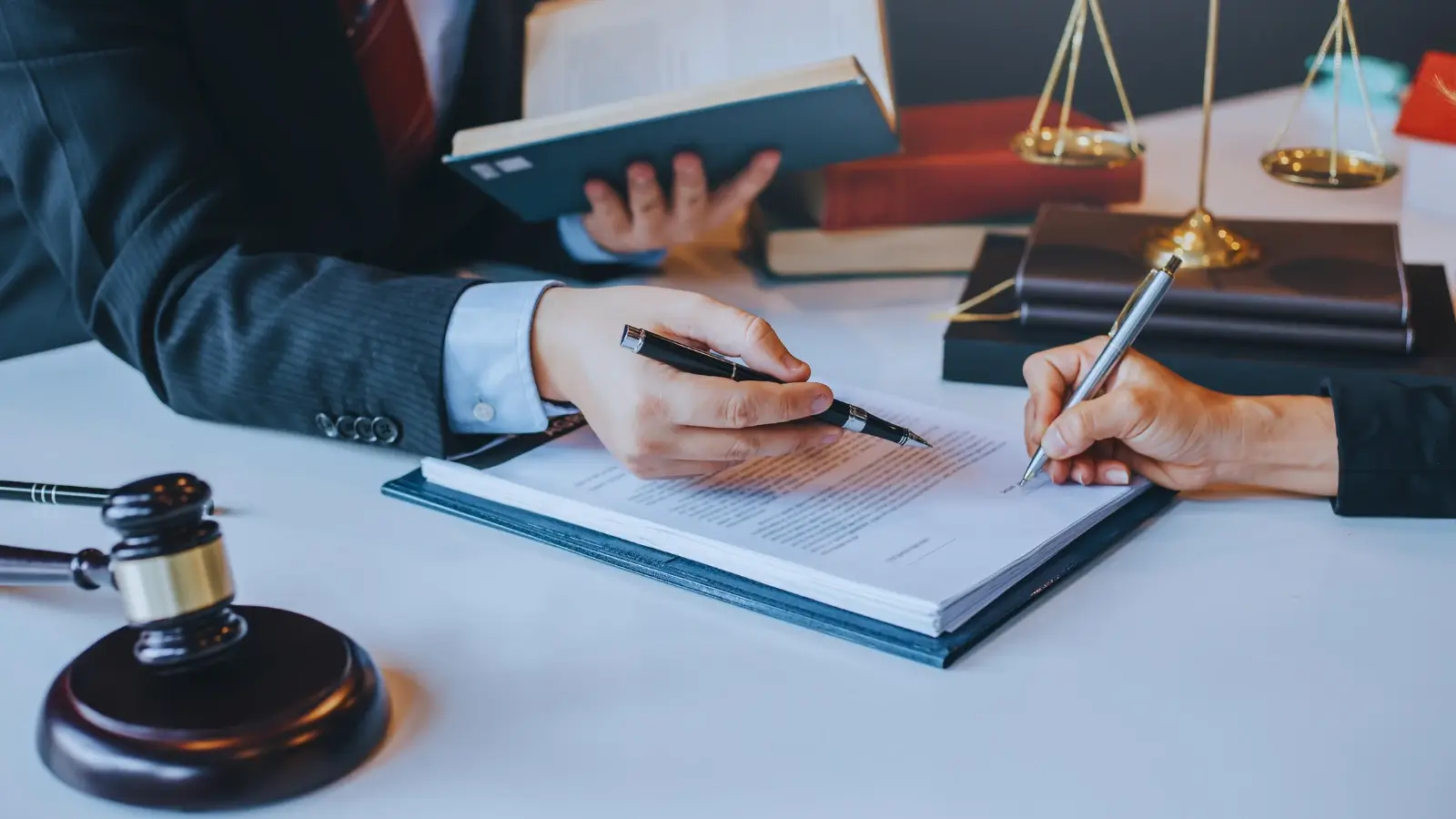Mediation offers couples and families a way to resolve conflicts without going through the stress and expense of a courtroom battle. It encourages cooperation, privacy, and open communication. But one common question arises during this process: do you really need a lawyer for mediation?
While mediation aims to simplify conflict resolution, the truth is that having legal guidance can make a meaningful difference in both the short and long term. Let’s explore why involving an attorney during mediation is often a wise move, how it works in practice, and what the pros and cons look like.
Why Legal Counsel Still Matters in Mediation
Mediation is designed to be collaborative and solution-oriented, not adversarial. However, that doesn’t mean it’s a process you should go through entirely on your own. Having a lawyer ensures that your rights are protected and that you fully understand what you are agreeing to.
Each party in mediation should ideally have their own independent attorney. Even if you choose to go through most of the process without lawyers present, it’s smart to have a lawyer review the final agreement before signing. This review helps to:
- Identify hidden risks or unclear language
- Confirm that the agreement is enforceable
- Ensure that you are not giving up key legal or financial rights
- Minimize the chance of future disputes
In California, for example, mediators are legally expected to advise both parties to consult their own lawyers. This ensures that each person enters the final agreement with a clear understanding of what it means.
How Mediation with Legal Support Typically Works
You can technically complete mediation without lawyers being directly involved in each session. In most cases, the mediator works with both parties to draft an agreement. Once that draft is ready, each spouse takes it to their attorney for independent review and feedback.
In simpler cases, this limited role for attorneys works perfectly. It keeps costs manageable and allows both parties to stay in control of the process.
However, in more complex or high-conflict situations, it can be very helpful to have your lawyer present during the mediation sessions themselves. While the mediator remains neutral, your lawyer can provide real-time advice, ensuring you make informed decisions as discussions unfold.
This approach offers reassurance and helps prevent mistakes that could lead to regret later on.
Pros of Having a Lawyer During Divorce Mediation
There are several advantages to having your attorney participate actively in mediation sessions:
- You receive immediate legal guidance without slowing down progress.
- You’re less likely to agree to terms you don’t fully understand.
- It helps balance power if one spouse is more familiar with legal or financial matters.
- Having legal input in the moment can streamline the drafting process.
In other words, lawyers can enhance clarity, fairness, and confidence throughout mediation.
Potential Drawbacks of Having Lawyers in the Room
While involving attorneys has benefits, it’s not without trade-offs. Here are a few potential downsides:
- It adds to your overall costs since you’ll pay for your lawyer’s time during mediation sessions.
- Having lawyers present can sometimes make discussions feel more formal or adversarial.
- Sessions may take longer if legal debates start to overshadow practical problem-solving.
That’s why many people choose a hybrid approach—working through most of the process directly with the mediator, and only bringing in attorneys at the review stage.
Risks of Skipping Legal Representation Entirely
Forgoing legal counsel might seem like a way to save money, but it carries serious risks. Without professional review, you could unintentionally agree to terms with long-lasting financial or legal consequences.
You might, for example, waive rights to reimbursement, support, or shared property without realizing it. Worse yet, if an agreement is ambiguous or one party later claims they didn’t understand it, it could be challenged or even overturned in court.
A lawyer helps you avoid these pitfalls and ensures that your mediated agreement stands up if it’s ever questioned later.
Finding the Right Balance Between Cooperation and Protection
The best approach often depends on your situation. If your mediation involves straightforward issues and good communication between both parties, having a lawyer review the final agreement may be sufficient.
But if your case involves complex finances, emotional tension, or power imbalances, having your attorney involved more directly can provide crucial support.
Ultimately, mediation works best when both parties feel informed, empowered, and protected. Having a lawyer on your side doesn’t mean you’re turning mediation into a battle—it simply means you’re making sure your peace of mind and rights are safeguarded.
Need A Divorce Mediator in Los Angeles?
If you need divorce mediation in Los Angeles or Orange County, contact Jafari Law and Mediation Office for a consultation. We are here to help you navigate this challenging journey with understanding, respect, and the goal of reaching a peaceful resolution.
Our Services:
Our divorce mediators specialize in all aspects of divorce, including but not limited to:
- Asset and Property Division: Finding fair and equitable ways to divide property, assets, and debts.
- Child Custody and Support: Creating parenting plans that focus on the best interests of the children.
- Spousal Support (Alimony): Discussing and agreeing upon fair spousal support arrangements.
- Post-Divorce Arrangements: Addressing future needs and adjustments.

